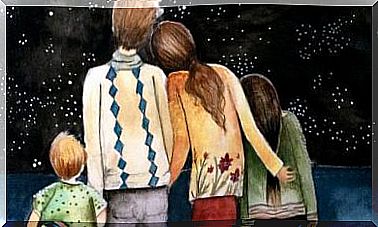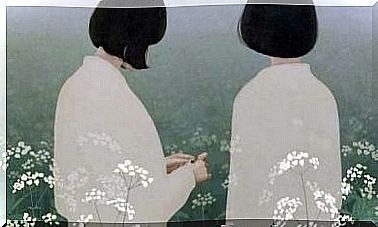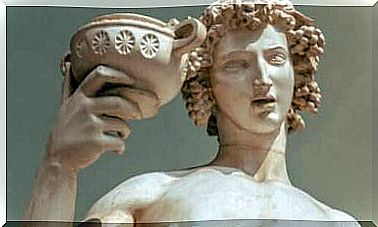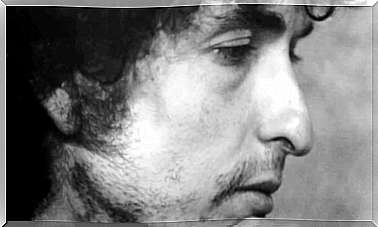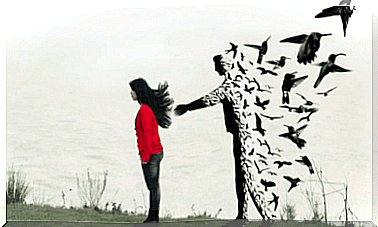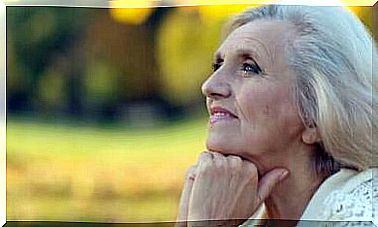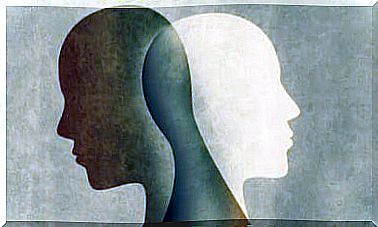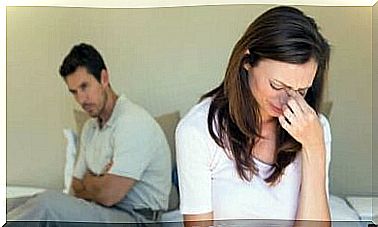Children Become Parents When Their Parents Are Old
Today, most parents reach old age. But this also entails a deterioration of health, which requires our care, protection, affection and attention.
That’s why they say we all become parents when our parents are very old. For it is our turn to hug them, feed them and touch their souls with our words and our care. We become walking sticks to their souls when we remind them, through our affection, of the warmth they always brought us into our lives.
It is normal to view aging and the final stages of life in a negative way. However, there are also many reasons to see it as a beautiful phase and also one that is essential to get through the grief.
Spending that time with our parents or grandparents means sharing a need for affection that, in one way or another, is also the beginning of parting. It means supporting those who made us grow and gave us life with the same strength it takes to say goodbye.
A message from an elderly parent
When I start to lose my memories or get lost in conversations, give me time to remember. When I can no longer eat on my own, when I have accidents or when I can’t even stand up straight, help me with patience.
Do not despair because I am older and have aches and pains. Don’t be ashamed of me. Help me to go outside, breathe fresh air and enjoy the light of the sun. Don’t lose your patience because I walk slowly. Don’t be bitter when I yell, cry, or pull old cows out of the ditch.
Remember the time I spent teaching you the things I need help with now so you could support me. I have a new mission in the family, so I ask you not to miss the opportunity I have given you. Love me as I grow older, for I am still me, even though my hair is gray.
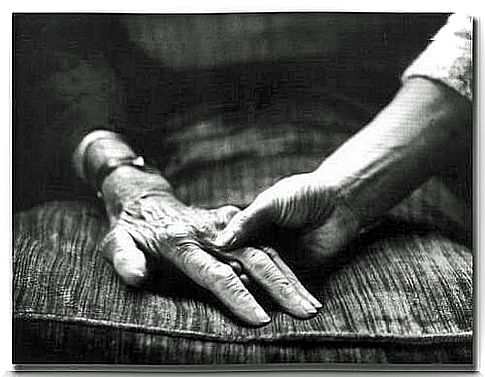
The last goodbye to life
To reflect on the role of children as their parents grow older, Fabricio Caprinejar wrote a wonderful piece that can shed some light on not so bright times. It’s usually pretty hard to feel okay because you can’t forget that you’re about to say goodbye to a person who taught you how to eat, grow, talk, and walk.
This is what Carpinejar wrote:
“There’s a rift in family history where ages pile up and overlap and the natural order of things doesn’t make sense: this is when the child becomes the parent of his or her parents.
It is when the parent gets older and begins to walk as if moving through the snow. Slow, inaccurate. It’s the moment when the parent who used to hold your hand with so much strength when you were little, doesn’t want to be alone anymore. It’s when the parent, once so strong and unbeatable, gets weaker and has to catch his breath before he or she can rise.
It is when the parent who once commanded and commanded you can now breathe alone, grunt and look at the door or window, which now seem so far away. It’s when the parent, once prepared and hardworking, now can’t even put on his or her own clothes and can’t remember to take his or her medication.
And we, as children, can do nothing but accept that we are responsible for their lives. The life that created us now depends on us to die peacefully.
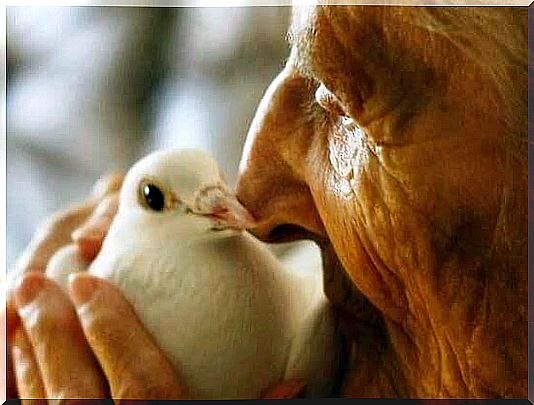
Every child becomes a parent when his or her parents die. Perhaps taking care of your elderly parents is crazy enough like pregnancy. It’s the last lesson. A chance to return the care and love they gave us for decades.
And just as we prepare our homes to care for our babies by securing electrical outlets and setting up playpens, so now we rearrange our furniture to accommodate our parents. The first transformation happens in the bathroom. As the parent of our parents, we will install a grab bar in the shower.
This handle is emblematic. He is symbolic. Because bathing, which is normally simple and refreshing, has become a storm for the old feet of our protectors. We can’t leave them alone for a moment. The house will have handles on the walls. And our arms will extend like a railing.
Aging is like walking while holding onto objects, aging is like climbing a flight of stairs with no steps. We will be strangers in our own homes.
We will observe every detail with fear and uncertainty, with doubt and concern. We will be frustrated architects, designers and engineers. How could we not have anticipated that our parents would get sick and need us? We will regret the benches, the statuettes and the spiral staircase. We will pity all the obstacles and even the carpeting.
Happy is the child who is a parent to his or her parents before they die! And unhappy is the child who shows himself alone at the funeral and does not say goodbye every day.
My friend Joe was with his father until the last minutes. At the hospital, the nurse was about to move him from the bed to the stretcher in an attempt to change his sheets, when Joe yelled from his chair, “Let me help you.”
They joined forces and he took his father on his lap for the first time ever. He laid his father’s head on his chest. He laid his father on his shoulders, shriveled by cancer. Small, wrinkled, fragile and shaky…
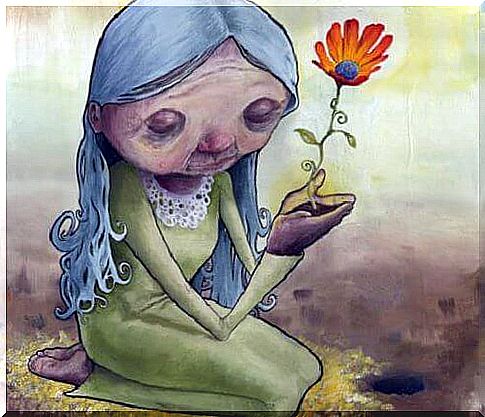
He stayed like that and hugged him for quite some time, as long as his childhood, his adolescence, a long time, an endless amount of time. His father rocking back and forth. Caressing his father, soothing his father. And he whispered, “I’m here. I’m here, Dad.” What a father wants to hear at the end of his life is his son saying he’s there.
While caring for our parents can be exhausting, we must remember that this sadness and fatigue is part of the grief we have to go through. It’s part of saying goodbye to that part of our soul, our childhood.
With them we lose all those things that we never shared with anyone else, that no one else ever witnessed. This requires an enormous amount of personal development, which life offers as an opportunity to undergo. We can’t let this pass us by.
